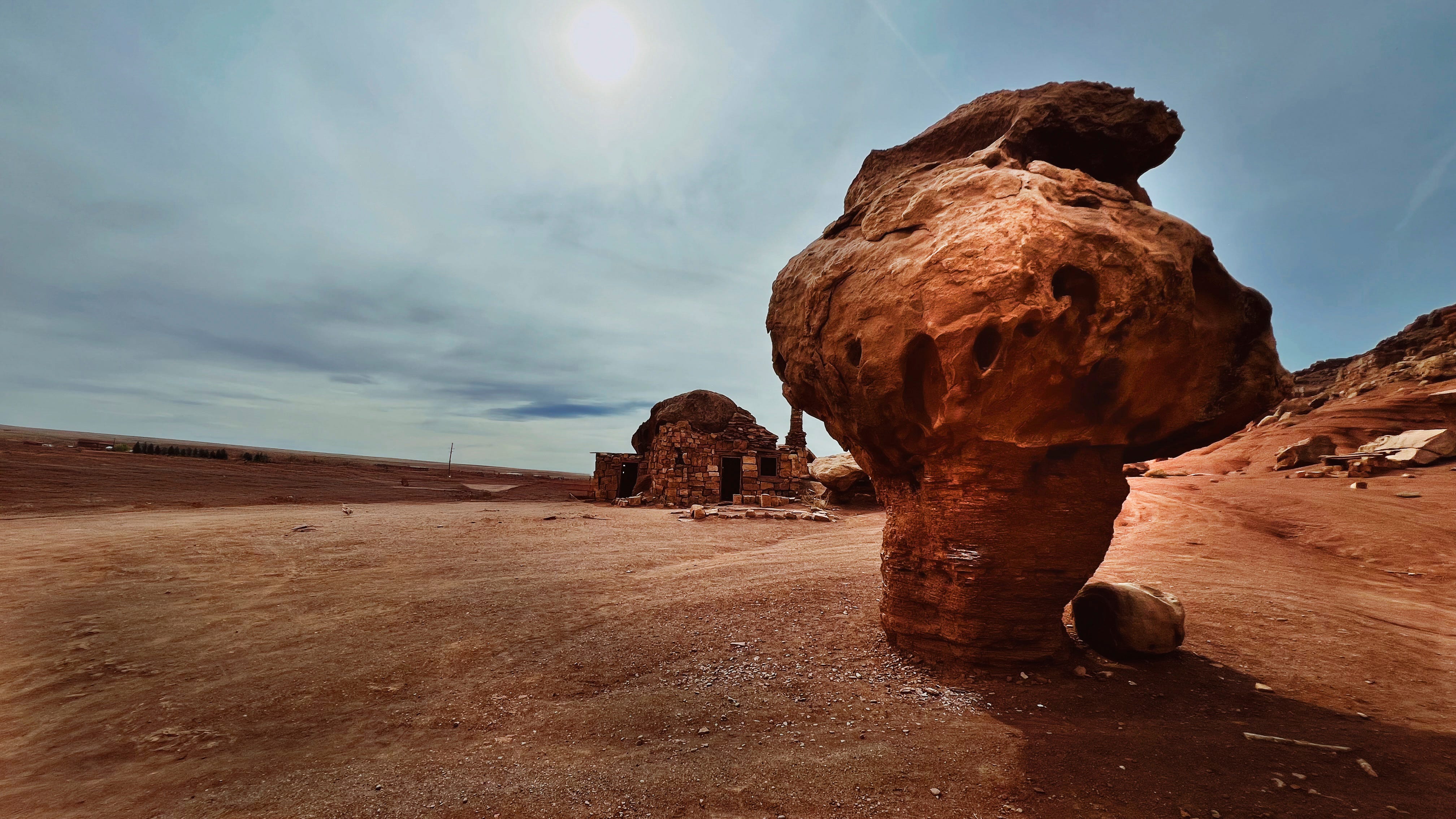How to Master the Next Two Years: Develop Your Stack, Now!
I am not overhyping the importance of this for photographers.
Hi, and welcome to my little Substack corner. I write about photography, art, design, and the craft of living creatively. I am glad you are here. Consider subscribing to keep up with what I am doing. I promise not to bore you. If you would like to support my efforts, that would be amazing and so appreciated. Either way, I am super happy you are here.
The evolution of professional photography has been fascinating to observe over the years. I’ve enjoyed and debated these changes every chance I get.
Today there is considerable discussion around AI, specialization, and generalization in our field. and it's important to look beyond the immediate concerns to understand the broader transformation taking place.
Having spent considerable time in this wacky industry, I've witnessed numerous technological transitions. The shift to digital photography was once considered potentially catastrophic for the profession, yet the industry adapted and evolved.
However, the current transformation is indeed distinctive.
The traditional role of a "photographer" is evolving significantly. The debate between specialization and generalization misses a crucial point: successful modern photographers are developing what I refer to as a "skill stack”. This is a comprehensive set of complementary capabilities that enhance their core photography expertise.
A “stack” combines different skills that work together to create better results.
In commercial photography and video, your talent stack might include lighting expertise, location scouting skills, strong editing abilities, and people management. You don't need to be the best at everything. Instead, being good at several connected skills makes you more valuable than someone excellent at just one thing.
For example, a photographer who understands composition and lighting could direct an effective video. And a photographer who knows their way around video editing software could create great content even with basic equipment. Their varied skills cover for each other and multiply their overall effectiveness.
Consider a successful food photographer I know from my member group. A terrific food and tabletop shooter, she does work for national and international companies for rates that are enviable.
She's expanded her services to include stop-motion video production, social media strategy consultation, and comprehensive visual marketing services for high-end restaurants, food services, and beverage clients. This evolution happened gradually, with each new skill building upon her foundational expertise.
Importantly, this approach doesn't require mastery of every skill.
Rather, it's attention to developing sufficient proficiency in complementary areas to enhance your primary offering. In my experience across various photography sectors – from commercial to corporate work – clients consistently value comprehensive problem-solving abilities and creative vision alongside top-tier technical skills.
For photographers in 2025, I recommend the following approach:
1. Establish a strong foundation in photographic fundamentals. Make yourself bulletproof in your technical expertise.
2. Identify and develop complementary skills. Use AI to help you determine what secondary skill you should work on.
3. Gain a working knowledge of related fields. With the technology we have available today, you can learn 2 years of knowledge and skill in 6 months.
4. Maintain intellectual curiosity and willingness to experiment. Without this significant trait, the future of your business may be less bright than you want.
Regarding AI: while it may impact certain basic photography services, the core value of professional photography lies in creative problem-solving and storytelling – areas that require human insight and vision.
If you are making money doing drop-n-pops and cut-outs on white, the future is probably not that bright for you at this point anyway.
AI is not going to destroy photography, but it is going to have a big impact on those photographers who provide the lowest levels of work. You will have to be able to use AI as part of your talent stack and not have it as an adversary.
(Please understand, I am not talking about whole image generation systems like MidJourney or DALL-E. I am referring to the research tools and business apps that can help you do more with less.)
And for anyone who is not working with AI at even a low level, it is going to be harder and harder to catch up. I am not interested in creating art with AI, but I use it every day in other ways.
Recently, one of my P52 students worked for a corporation where the client requested additional social media video content. Because of their expanded skill set, they were able to convert the single shoot into a recurring monthly contract.
This demonstrates the importance of strategic skill adaptation in our field.
Video.
Writing.
Motion Graphics.
Web Design.
These are all skills that photographers are keenly positioned to add to their stack and begin to thrive as creative professionals.
I think of this approach as a calculated decision-making skill development—based on industry direction, client needs, and how it fits with your existing skills.
Deliberate planning for a deliberate outcome.
You must remain up-to-date with the latest developments in photography and the broader creative industry. That takes study, research, and daily development.
Success increasingly belongs to photographers who are expanding their capabilities strategically while maintaining, and nurturing, their creative vision.
Folks, we're evolving into visual solution providers that will open exciting new creative opportunities while building upon our solid photographic foundation.
What ancillary skills are you providing clients?
This is the next 8-Week Workshop we are going to do. Starting February 19, we will examine hard product work to help you build it into your offering, or add it to your portfolio.
The class meets once per week with one assignment per week due. We run the gamut, from packaged goods to cosmetics. Each assignment is created to show you how to meet the challenges of shooting products for your clients.
This is one of the more popular workshops, and I urge you to check it out.
When you are ready, here is how I can help you succeed.
Group Mentorship: a small group of photographers who meet to show images, work on their portfolio, and build their businesses with help from a wonderful group. Lifetime membership for one fee.
One-on-one Mentorship: You and me - working together in an intense 6-month push to get you on the way to over $30K in additional revenue. The work we lay down will help you increase and scale your business for years ahead.
Coming in 2025, a One-on-One, 6-week plan to get your marketing system in place. You will see results immediately, and by results, I mean assigned work that pays you. More coming.







Great post!
I'd like to add that partnering with trusted people that have compatible and complementary skills may also help when the gap to cross in order to aquire a specific skill set is too wide for an individual.
Thanks for the nice read.